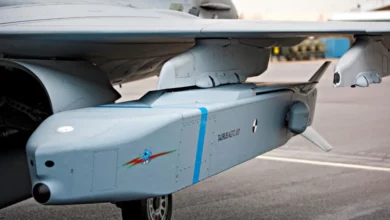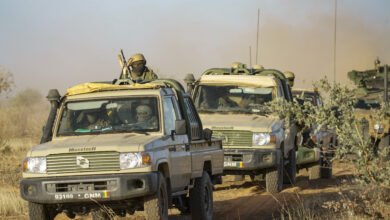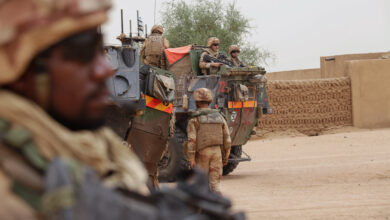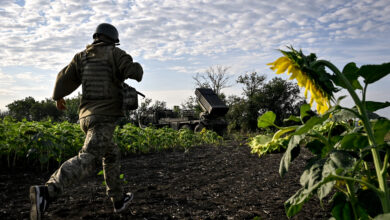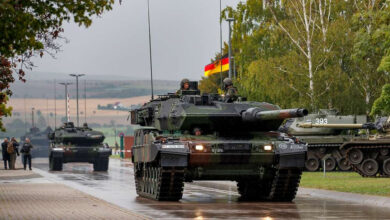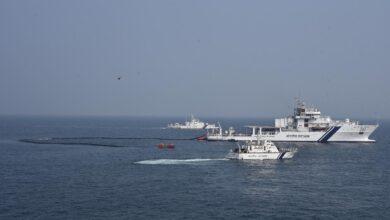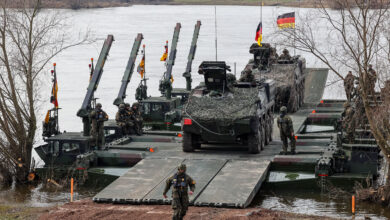A Malian soldier was seriously wounded during a night-time exchange of fire with German troops serving as United Nations peacekeepers in the west African nation, the German army said on Sunday.
The incident took place late on Saturday, February 16 as the German soldiers were returning from having recovered a troop transport vehicle 50 km (31 miles) from Camp Castor, their base in Gao, western Mali, said a statement from the Bundeswehr (German army).
“A German convoy came under fire in the dark, the situation was unclear,” a spokesperson for army operations command in Potsdam told AFP. The German soldiers returned fire, before returning safely to camp.
“According to current information, it only later became clear that it must have been an exchange of fire between the Malian defence forces and the German troops,” the Bundeswehr said in its statement.
One Malian soldier was wounded and taken to a French field hospital by the German forces, the army said. He “remains in a life-threatening condition,” the statement added.
A total of 392 German soldiers, 11 police officers and 15 staff officers are deployed in Mali as part of the U.N. stabilization mission, Minusma, according to January U.N. figures.
Established in 2013, the mission is considered the U.N.’s most dangerous. On Friday, a Chadian blue helmet died after he was wounded in January in the deadliest attack on peacekeepers in Mali. Gunmen attacked the Aguelhok base in the Kidal region, killing 10 peacekeepers and injuring at least 25 others.
Five days later, two peacekeepers from Sri Lanka died and six were injured after their vehicle hit a mine near Douentza in the Mopti region.
More than 14,000 peacekeepers are deployed in Mali as part of Minusma, and 177 have died, accounting for more than half of blue helmets killed in the past five years. The Chadian contingent has been particularly hard hit, with 54 deaths, Mali’s President Ibrahim Boubacar Keita said last month at a ceremony paying homage to the Aguelhok victims.
The recent unrest in the Sahel began in Mali in 2012 with Tuareg separatist uprising against the state, which was exploited by Islamist extremists linked to al-Qaeda who took key cities in the desert north.
France began its Operation Serval military intervention in its former colony early the next year, driving the jihadists from the towns, but the militant groups morphed into more nimble formations operating in rural areas, sometimes winning over local populations by providing basic services and protection from bandits.
The insurgency has gradually spread to central and southern regions of Mali, and across the borders into neighboring Burkina Faso and Niger.
Large swathes of the country remain outside government control, despite a 2015 peace accord designed to isolate the Islamists.
The French mission evolved into the current Operation Barkhane, which has roughly 4,500 French personnel deployed with a mandate for counter-terrorism operations across the region.
Troops deployed to Barkhane work alongside the U.N. Minusma stabilization mission, as well as the G5 Sahel joint counter-terrorism force that aims to train and deploy up to 5,000 personnel.
The 620-strong European Union Training Mission in Mali was established in 2013 and has a mandate until May 2020. Troops from 22 member states and five non-E.U. states work with both the Armed Forces of Mali (FAMa) and the G5 Sahel Joint Force. It has trained around 13,000 FAMa personnel.
With reporting from AFP




